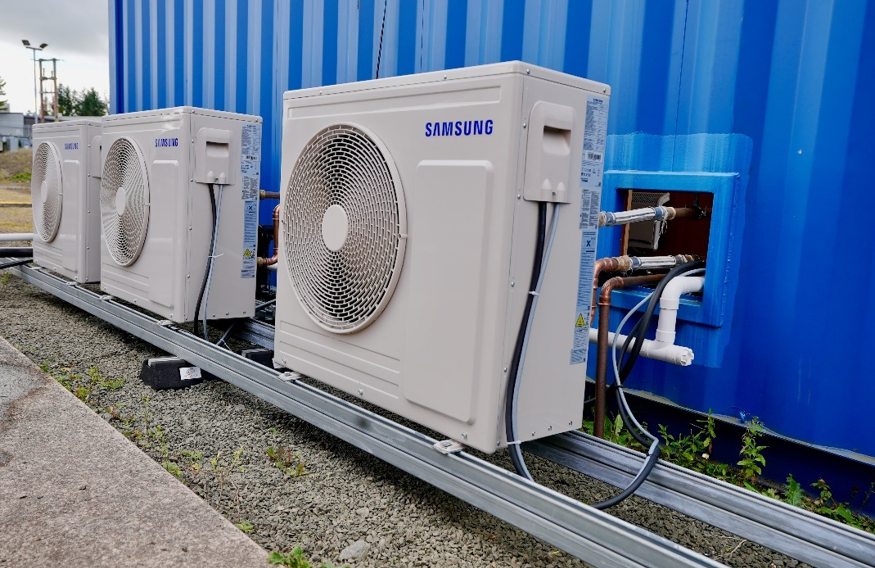The textiles and fashion industries face an issue as production levels wipe out crucial environmental improvements, with the average person buying 28 new items of clothes every year.
WRAP’s Textiles 2030 Annual Progress Report shows that brands signed up to the environmental voluntary agreement have reduced the carbon impact of the textiles they produce by 12 per cent and water by 4 per cent on a per tonne basis between 2019 and 2022. These reductions were possible through actions taken to improve sustainability in design and manufacturing, and by increasing the amount of clothes reused and recycled.
However, as production is spiralling upwards, WRAP warns that these positive steps are being cancelled out owing to an increase in the volume of textiles produced and sold.
Water features at the heart of Textiles 2030, with data showing that while on a ‘per-tonne’ basis water use fell by 4 per cent in 2022, the sizeable increase in textiles produced and sold since 2019 (up by 13 per cent) cancelled this out completely and water use actually rose instead. Higher production rates meant water use increased by 8 per cent, totalling 3.1 billion m³ which is enough water to provide more than half of the people in the world with drinking water every day for a year.
Similarly, increased production has also slashed the actual carbon reduction to just 2 per cent.
Catherine David, director of behaviour change and business programmes at WRAP said: “Textiles and fashion are responsible for up to 10 per cent of global carbon emissions. We can see from the impact of Textiles 2030 that it’s possible to change this. But as fast as positive improvements happen, they’re cancelled out by rising production.”
WRAP sees improving clothing’s relationship with the environment is dependent on consumers’ behaviour and developing a circular economy for fashion to transform high-street and online sales, with clothes designed for a longer life, with good durability and recyclability and that include more recycled content.
© 2019 Perspective Publishing Privacy & Cookies







Recent Stories